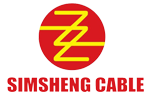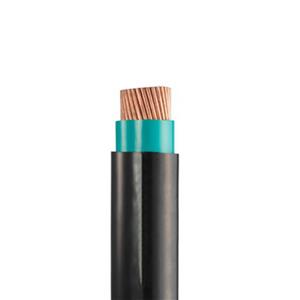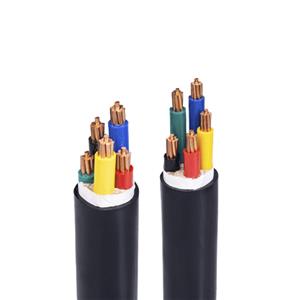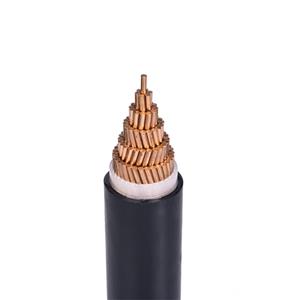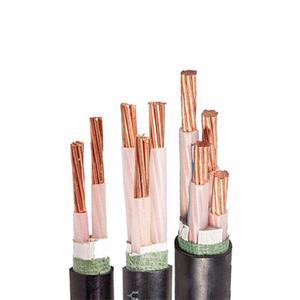Introducing cable raw material PVC to you
PVC plastic is based on polyvinyl chloride resin and mixed with various compounding agents. It has superior mechanical properties, chemical corrosion resistance, no flame retardation, good weather resistance, good electrical insulation properties, easy processing, and low cost, so it is a good material for wire and cable insulation and sheathing.
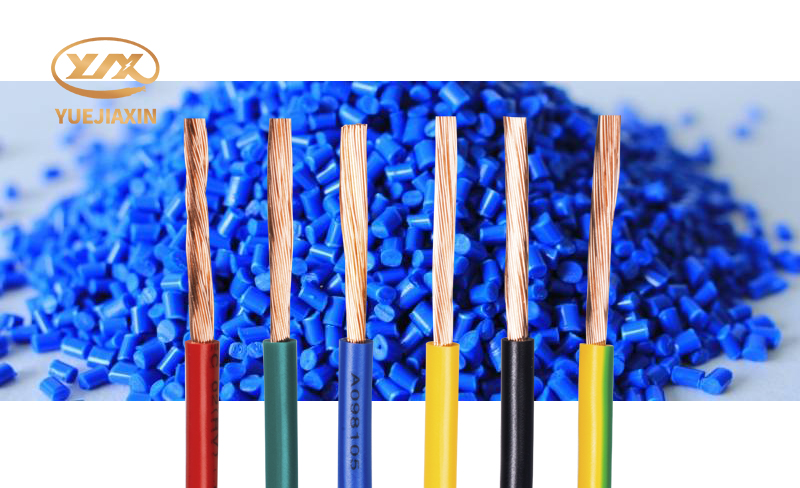
1. Polyvinyl chloride resin
Polyvinyl chloride resin is a linear thermoplastic polymer compound polymerized from vinyl chloride. From the molecular structure, polyvinyl chloride has a carbon chain as the main chain, which is linear and contains C-Cl polar bonds. PVC resin has the following basic properties:
(1) It is a thermoplastic polymer material with good plasticity and softness.
(2) Due to the existence of the C Cl polar bond, the resin has greater polarity, so the tangent value of the dielectric constant ε and the dielectric loss angle is greater, and it has higher electrical strength at low frequencies. In addition, due to the existence of polar bonds, the intermolecular force is larger and the mechanical strength is higher.
(3) The molecular structure contains chlorine atoms, and the resin has non-flammability and good chemical corrosion resistance and weather resistance. Chlorine atoms can destroy the crystal structure of molecules. The resin has low heat resistance and poor cold resistance. Adding an appropriate amount of compounding agents can improve the performance of the resin.
2. Types of polyvinyl chloride resin
There are four polymerization methods of polyethylene: suspension polymerization, float polymerization, bulk polymerization and solution polymerization. The manufacturing of polyvinyl chloride resin currently mainly uses the suspension polymerization method, and wires and cables use suspension polyvinyl chloride resin. The structural shapes of the resin used in the suspension polymerization process of polyvinyl chloride are: loose resin (XS type) and compact resin (XJ type). Loose resin has a loose texture, high oil absorption, easy plasticization, easy processing and operation control, and few crystal points. Therefore, the resin used in wires and cables is loose. The characteristics of the resin are as follows:
3. Main properties of polyvinyl chloride
1) Electrical insulation properties: PVC resin is a relatively polar dielectric with good electrical insulation properties, but is slightly worse than non-polar materials (such as polyethylene and polypropylene). The volume resistivity of the resin is greater than 1015Ω·cm; the dielectric constant ε of the resin at 25oC and 50Hz frequency is 3.4~3.6. When the temperature and frequency change, the dielectric constant also changes significantly; the dielectric loss of polyvinyl chloride Tangent tgδ is 0.006 to 0.2. The breakdown field strength of the resin is not affected by polarity, and the breakdown field strength is relatively high under room temperature and power frequency conditions. However, PVC has a large dielectric loss, so it is not suitable for high-voltage and high-frequency applications. It is usually used as insulation material for low-voltage and medium-voltage wires and cables below 15kV.
2) Aging stability: From the molecular structure, chlorine atoms are connected to carbon atoms, so it should have high aging stability. However, during the production process, due to the direct influence of temperature and the action of mechanical force, hydrogen chloride is easily released. Under the action of oxygen, degradation or cross-linking occurs, resulting in discoloration and brittleness of the material, a significant decrease in physical and mechanical properties, and deterioration of electrical insulation properties. Therefore PVC ages. In order to improve its aging properties, certain stabilizers must be added.
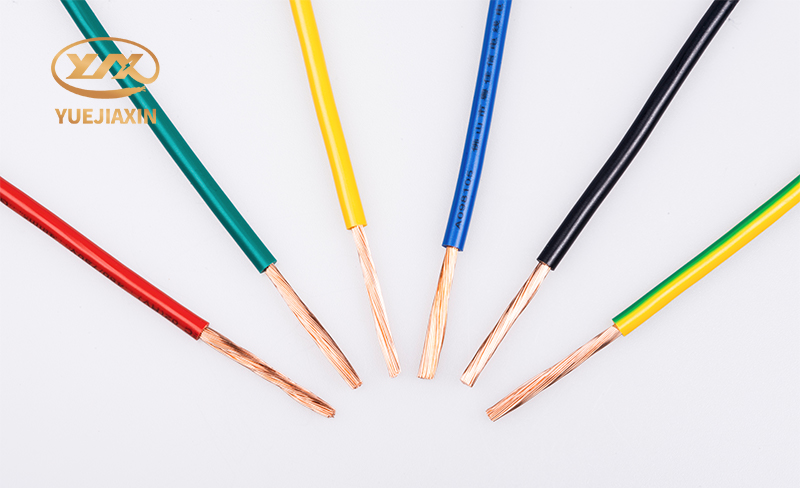
3) Thermomechanical properties: PVC resin is an amorphous polymer and has three physical states at different temperatures, namely glassy state, highly elastic state, and viscous flow state. The glass transition temperature of PVC resin is about 80oC, and the viscous flow temperature is about 160oC. In the glass state at normal temperature, it is difficult to meet the requirements for wire and cable use. For this reason, polyvinyl chloride must be modified so that it has higher elasticity at room temperature, while also having higher heat resistance and zero resistance. Adding an appropriate amount of plasticizer can adjust the glass transition temperature.
